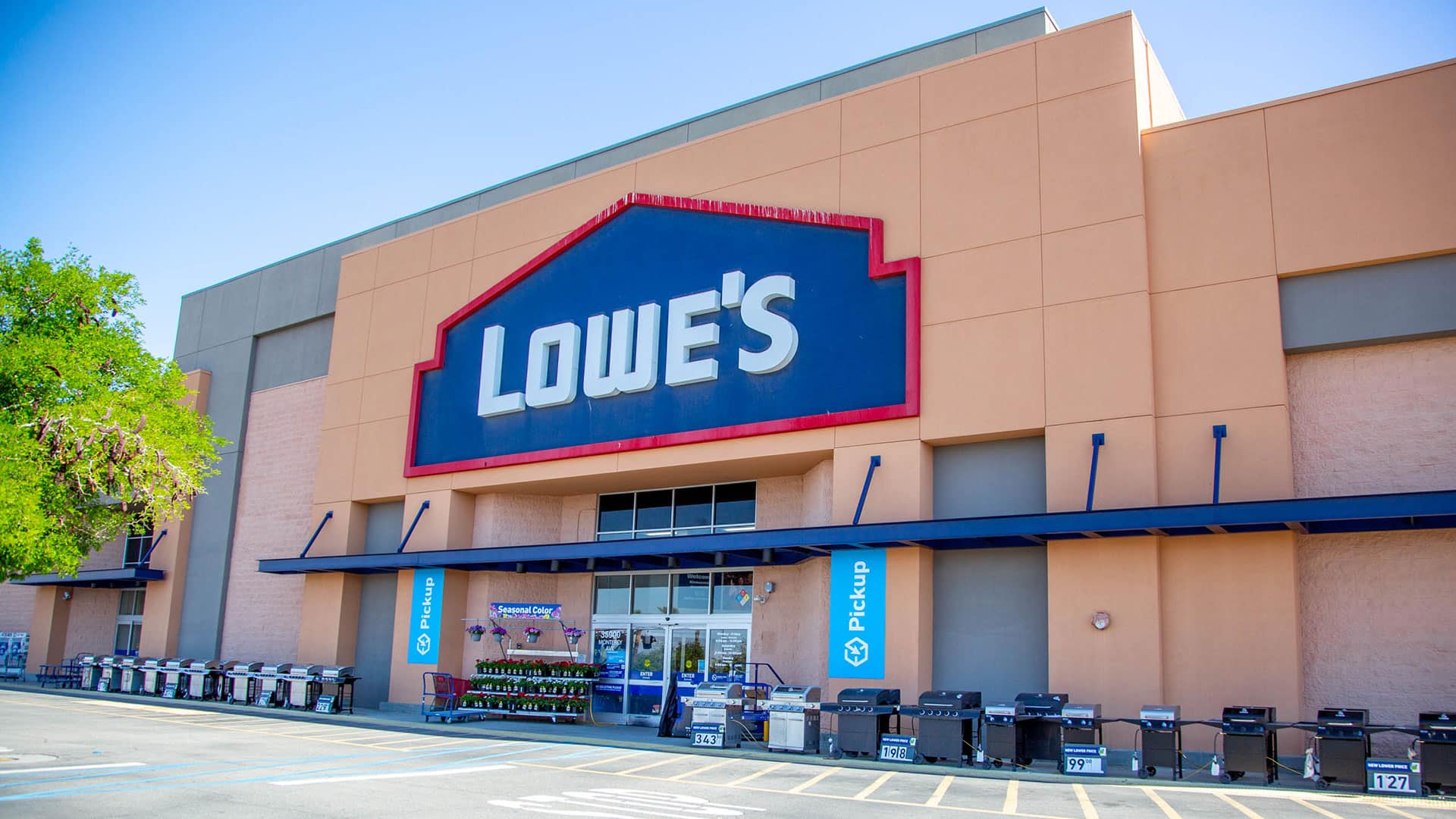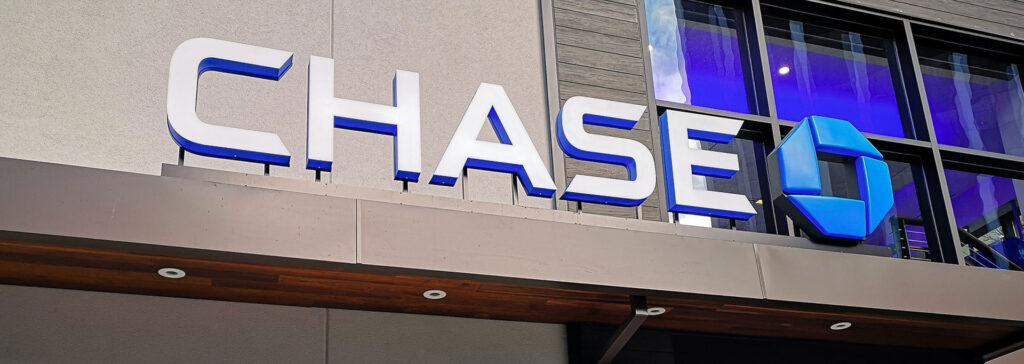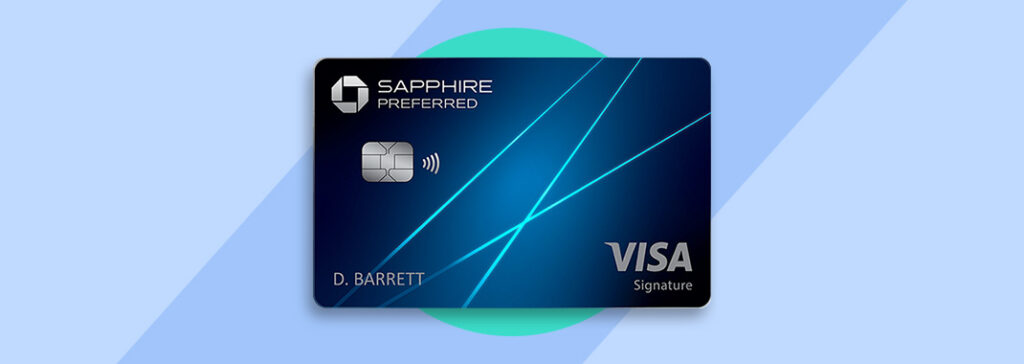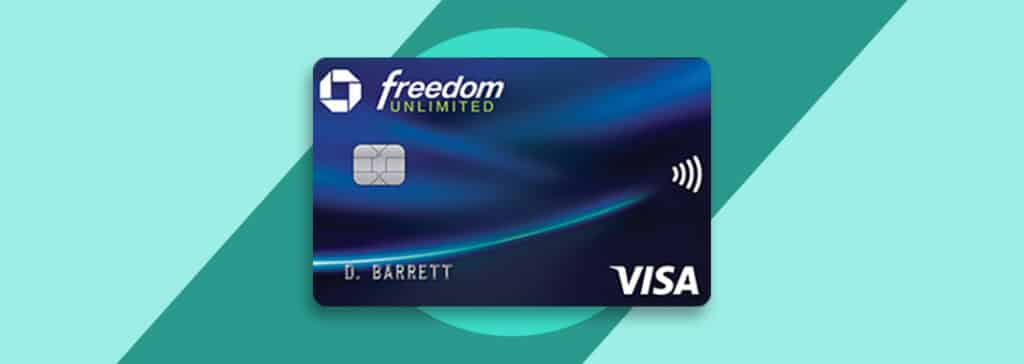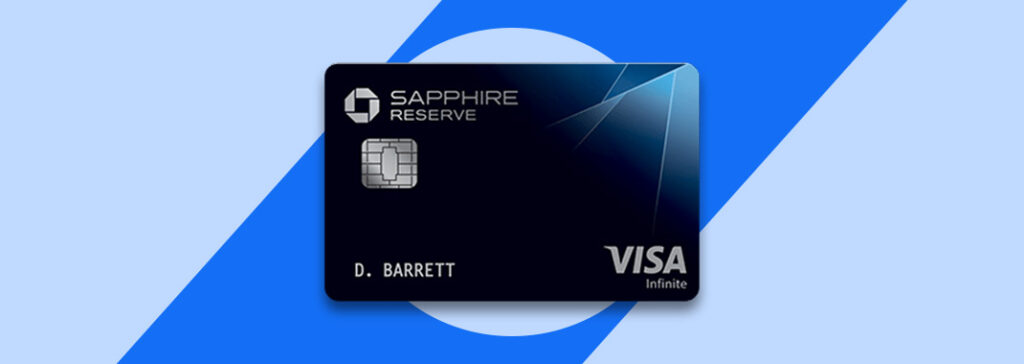Most products on this page are from partners who may compensate us. This may influence which products we write about and where and how they appear on the page. However, opinions expressed here are the author's alone, not those of any bank, credit card issuer, airline or hotel chain. This page may include information about American Express products currently unavailable on Slickdeals. American Express is not a partner of Slickdeals.
Travel restrictions during the COVID-19 pandemic changed the way I use my credit card rewards, airline miles and hotel points. Previously, I would typically either transfer my Chase Ultimate Rewards to hotel and airline transfer partners, or redeem them at a fixed-rate for travel.
But ever since the pandemic hit, I've been doing much less traveling and so my balance of Ultimate Rewards (and other points) has been creeping upwards. Airlines and hotels can devalue the cost to redeem awards at any time, so it's not a great idea to keep a large balance of rewards. That's why I've been using Chase Pay Yourself Back as a way to use my points at Home Depot, Kroger and other places I shop every month.
What Is Chase Pay Yourself Back?
Chase Pay Yourself Back was introduced in May of 2020 as a perk for certain Chase cardholders. Recognizing that travel was severely curtailed, Chase came up with Pay Yourself Back as a way to retain cardholders by providing alternatives to redeeming Ultimate Rewards for travel. Chase Pay Yourself Back rotates their categories, but have in the past included ones such as:
- Grocery stores
- Dining expenses at restaurants, including takeout and eligible delivery services
- Home improvement stores
- Select charitable organizations
- Eligible shipping expenses
Chase Sapphire® Credit Cards
Chase Sapphire cardholders can redeem Ultimate Rewards to cover purchases in grocery stores and dining at restaurants (including takeout and eligible delivery services), home improvement stores and select charitable organizations. Chase Sapphire Reserve® and Chase Sapphire Preferred® cardholders can both redeem points for increased value when using Pay Yourself Back.
Ink® Business Credit Cards
Ink Business Preferred® Credit Card and Chase Ink Plus cardholders can get extra value out of their points when using Pay Yourself Back for shipping and at home improvement stores, and for select charitable organizations.
And remember that if you have Ultimate Rewards from different cards, you can combine your Ultimate Rewards points for free. So you'll want to combine your points to your account that has the highest redemption value.
Earning Chase Ultimate Rewards
One reason Chase Ultimate Rewards points are so valuable is that there are lots of opportunities to earn them. There are several different Chase credit cards that currently have attractive welcome offers.
-

Chase Sapphire Preferred® Card
-
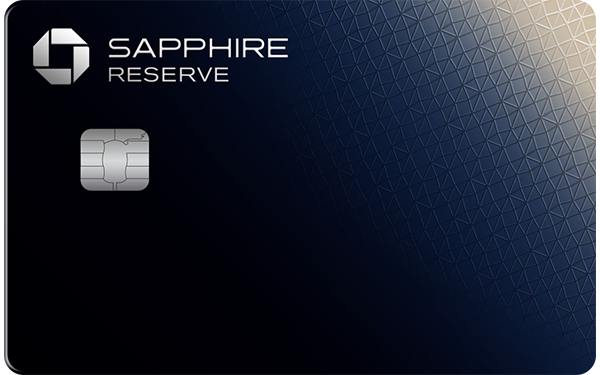
Chase Sapphire Reserve® Card
-

Chase Freedom Flex℠
-
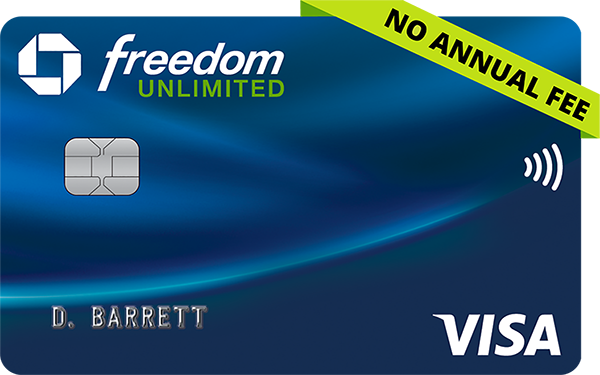
Chase Freedom Unlimited®
How I Use Chase Pay Yourself Back
I have a variety of different credit cards that earn Ultimate Rewards points, including the Chase Sapphire Reserve. Typically, I combine all of my Ultimate Rewards points to my Sapphire Reserve account, since that's the account that gives the most value. I have been using Chase Pay Yourself Back to offset some of my monthly grocery spending.
While I definitely have gotten more value from some of my previous Ultimate Rewards redemptions (usually when I transfer points to one of Chase’s airline or hotel partners,), this helps my Ultimate Rewards balances from getting higher than I feel comfortable with. And I still have enough miles and points to book a few trips when the time comes.
The Bottom Line
Chase Pay Yourself Back is a great example of a company pivoting and allowing its current customers to still get value. I know that when the pandemic first started, I considered canceling some of my travel credit cards since it didn't make sense to pay annual fees on travel cards when I was not traveling. Chase Pay Yourself Back has allowed me to still get good value from my Chase Ultimate Rewards, even during the current pandemic.
